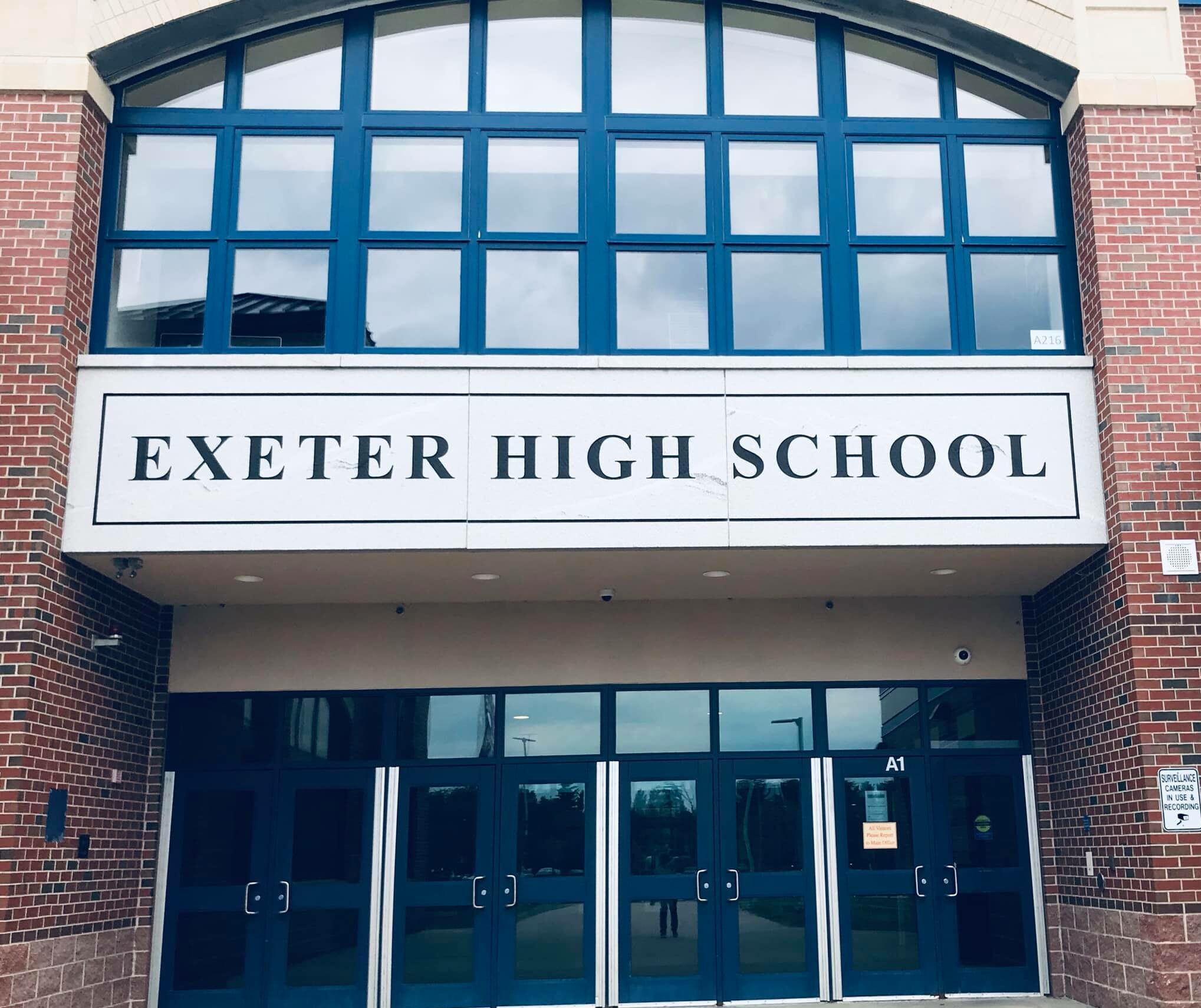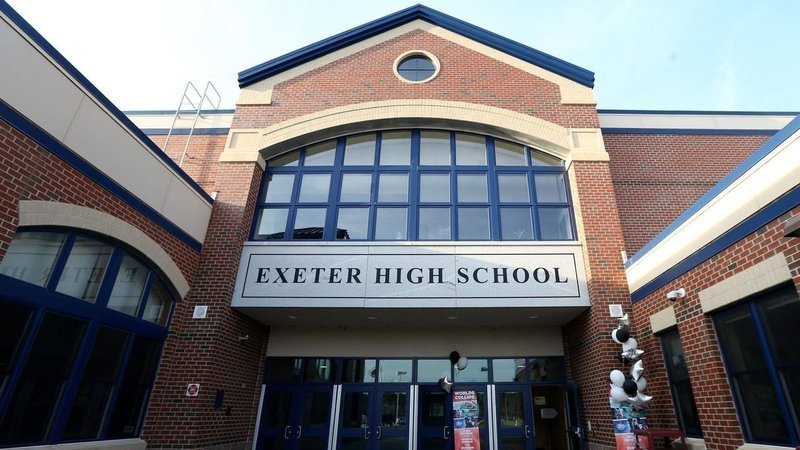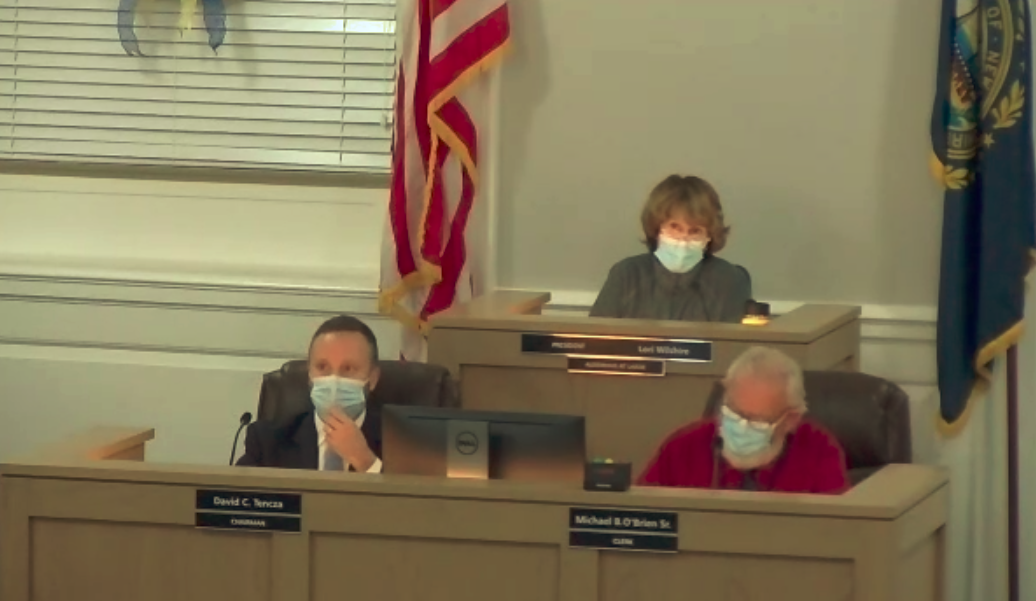‘Pro-Hoe’ Activists and BLM Leaders Bring DEI to NH Public Schools
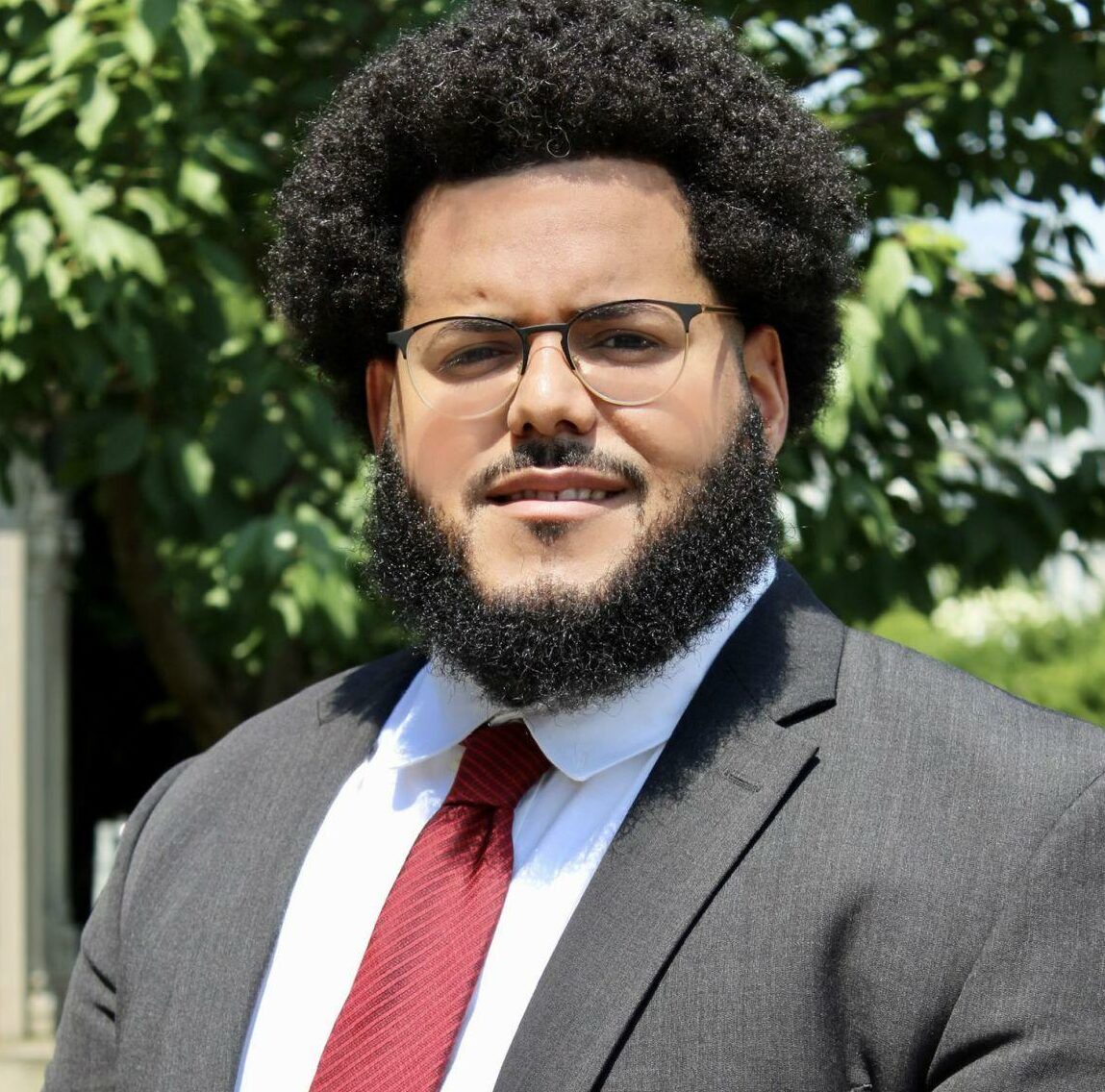
Rachael Blansett was hired in 2022 by the Oyster River School District in Durham, N.H., for a salary somewhere between $95,000 and $105,000.
Andres Mejia at SAU 16 in Exeter is getting paid a salary of more than $100,000.
But neither of them are educating students or maintaining schools. Instead, they’re both paid to make sure the teachers and staff are advancing the race-based cause of Diversity, Equity, and Inclusion (DEI) in their local classrooms.
For the 2021-2022 school year, the New Hampshire Department of Education reported the average public school teacher salary was $62,695.
Driven by school committees and superintendents committed to the so-called “DEI movement,” some New Hampshire public schools are hiring professional DEI directors, some with little real classroom experience, to lecture teachers, staff, and students about equity.
Interestingly, they are frequently paid significantly more than most teachers.
DEI programs, sometimes known as DEIJ for those who include “Justice” in the acronym, became fashionable following the nationwide protests over George Floyd’s 2020 murder by police in Minneapolis. They are common on college campuses. The University of New Hampshire has its own DEI division with at least nine full-time positions and a seven-figure budget.
Blansett, who never worked as a regular classroom teacher before getting the Oyster River job, is responsible for “work(ing) with teachers, administrators, and students to integrate DEIJ throughout the district. (Blansett) will lead trainings for teachers, revise curriculums so they align with district values of equity and inclusion, and act as a resource for anyone in the Oyster River community to ask questions about DEIJ taught in a classroom,” according to the district.
When Blansett isn’t advocating for race and gender-based education in Durham schools, she’s providing “racial equity education” for the New Hampshire chapter of Black Lives Matter.
According to its website, “Black Lives Matter New Hampshire strives to bring education to the community by providing training on diversity, equity, inclusion, and justice within organizations, schools, and other local groups.” According to the biography linked to the page, Blansett’s “academic interests” include “challenging anti-Blackness and colonization ideology and theorizing/implementing accessible and liberatory practices.”
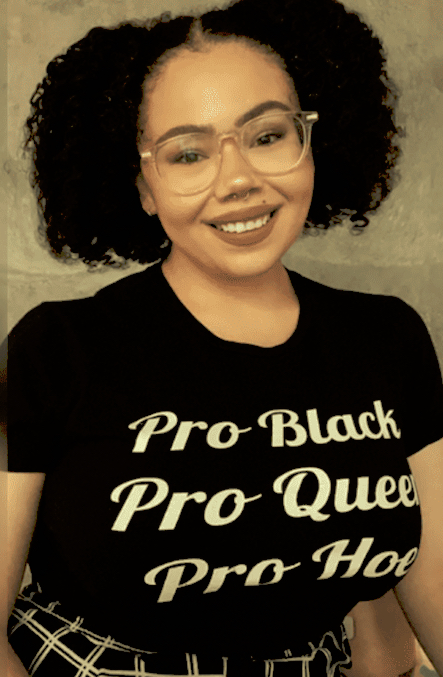
Rachael Blansett
And even before she came to New Hampshire, Blansett was speaking out for what she sees as racial justice. During a school board meeting in 2022, first reported by Granite Grok, it was revealed she recorded podcasts and posted comments on social media featuring messages like, “White people are not OK,” and “White people don’t wash their legs, and can’t dance.”
Blansett also raised eyebrows when photographed wearing a T-shirt with the slogan “Pro Black, Pro Queer and Pro Hoe.”
When hired, she explained the controversial podcast was a collaboration with a friend and pledged to discontinue the project. She also claimed her comments about White people were not made with racist intentions.
At SAU 16 in Exeter, Mejia also has little classroom experience. Mejia did work as a Teach for America teacher for several months before becoming DEI director. And like Blansett, Mejia is directly involved with Black Lives Matter, serving as vice chair of the state chapter.
Confronted about his membership in an organization that has advocated race-based public policies, called for the defunding of the police, and has been rocked by financial scandals, Mejia said he would not quit BLM.
“I am Black, and I can never separate myself from Black Lives Matter,” he told concerned parents in 2021. “My life matters.”
SAU 16’s DEI statement makes clear part of Mejia’s job is to help students understand their personal role in upholding systemic racism and bigotry.
“Part of our educational mission is to awaken our students’ awareness of their power and privilege so that they may view the world through a lens of equity and help eliminate unjust systems and practices,” the district statement.
Peggy Massicotte, an SAU 16 parent, says the baked-in bigotry animating the district’s DEI program and Mejia’s BLM leadership shows the whole position ought to be scrapped.
“We have to look at the way we’re teaching this to kids,” Massicotte told NHJournal.
Massicotte also mentioned BLM’s role in recent pro-Palestinian protests in which antisemitic and genocidal slogans are chanted, like “There is only one solution/intifada revolution.”
“He’s the [BLM] vice chairman,” Massicotte noted.
Mejia and Blansett are both NH Listen Fellows at the University for New Hampshire’s Carsey School of Public Policy, as is Tina Phillbotte, the Manchester School District’s DEI Director, who is paid close to $120,000 a year.
UNH recently underwent a punishing round of layoffs and cuts to save $14 million in the budget. While the university’s art museum and journalism program, which has produced Pulitzer Prize-winning reporters, were affected, there appear to be no cuts to the university’s DEI programs. UNH pays at least $1 million a year in salaries for the DEI program staffers.
Closing the art museum saves UNH about $1 million.

